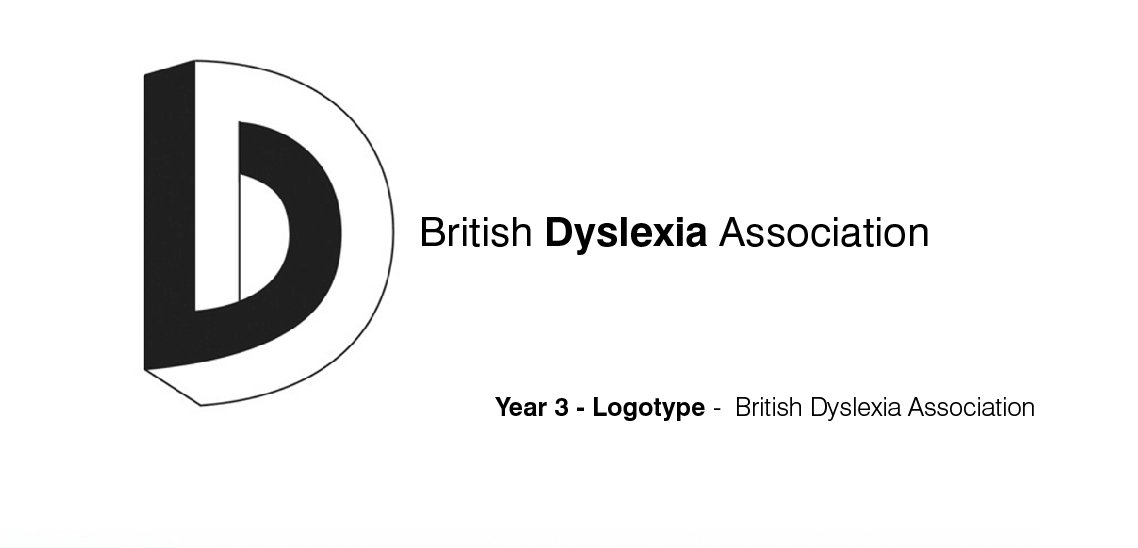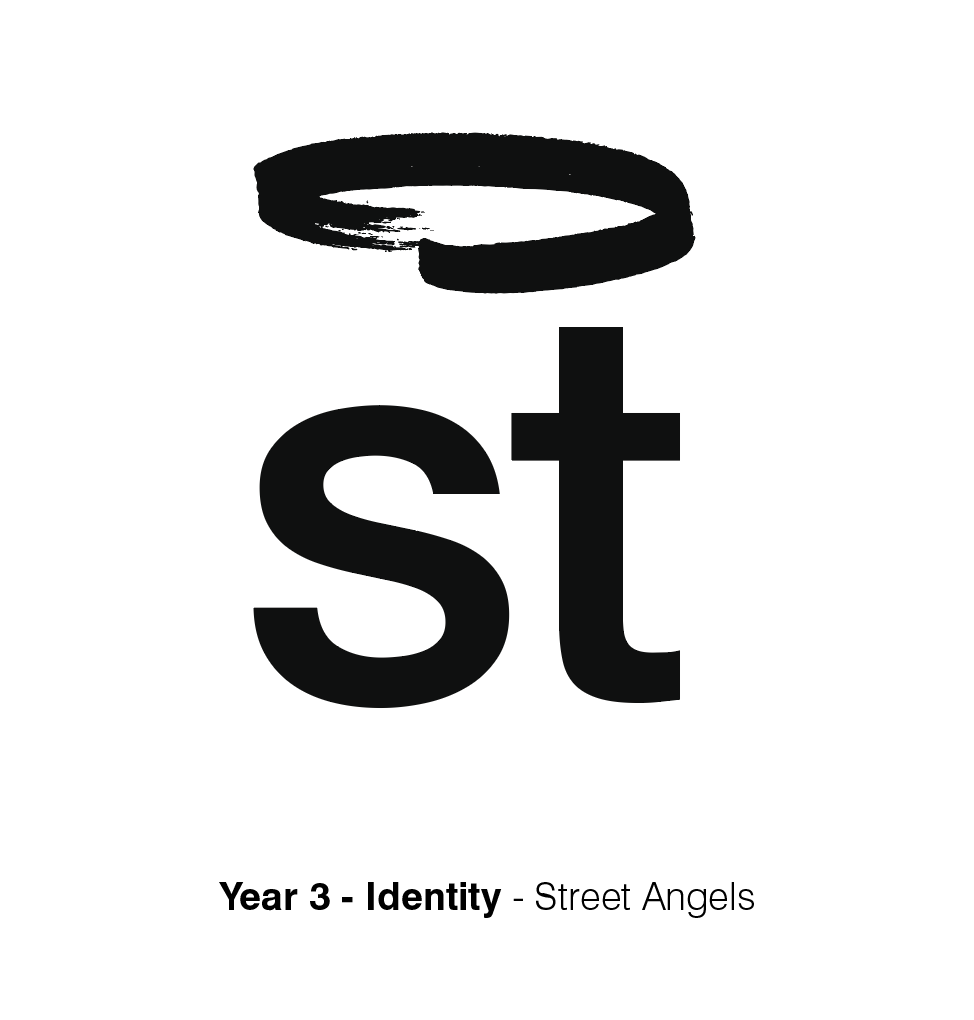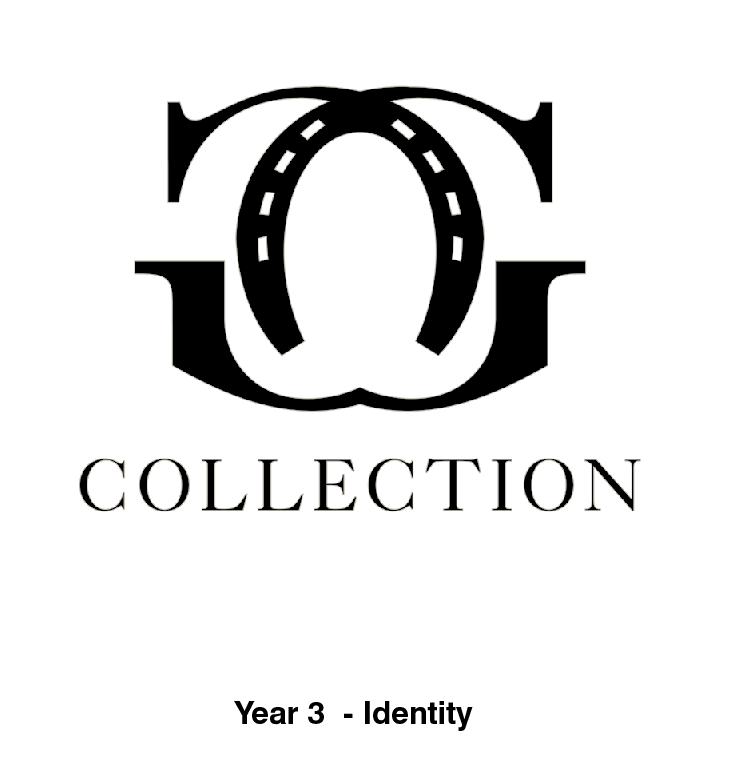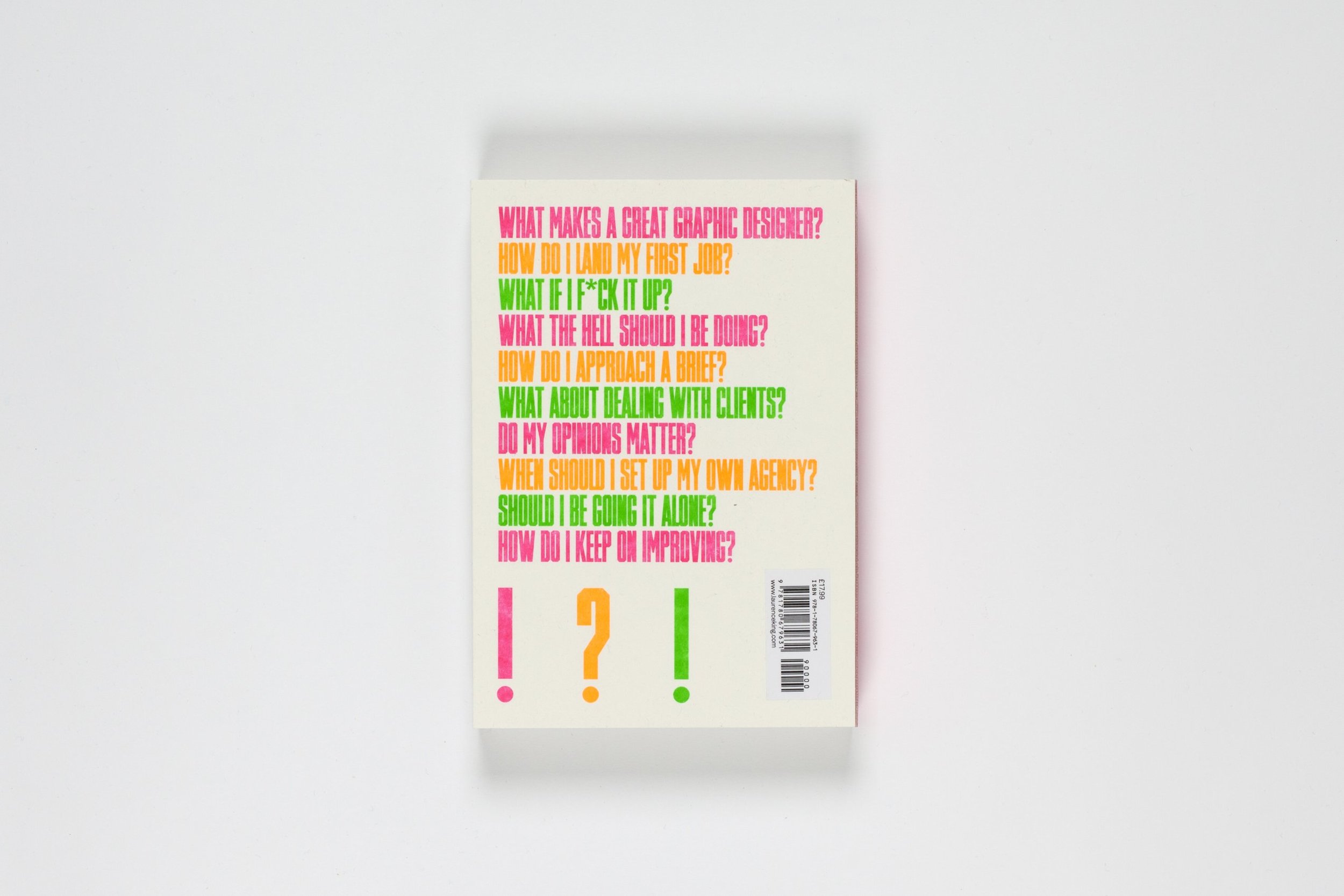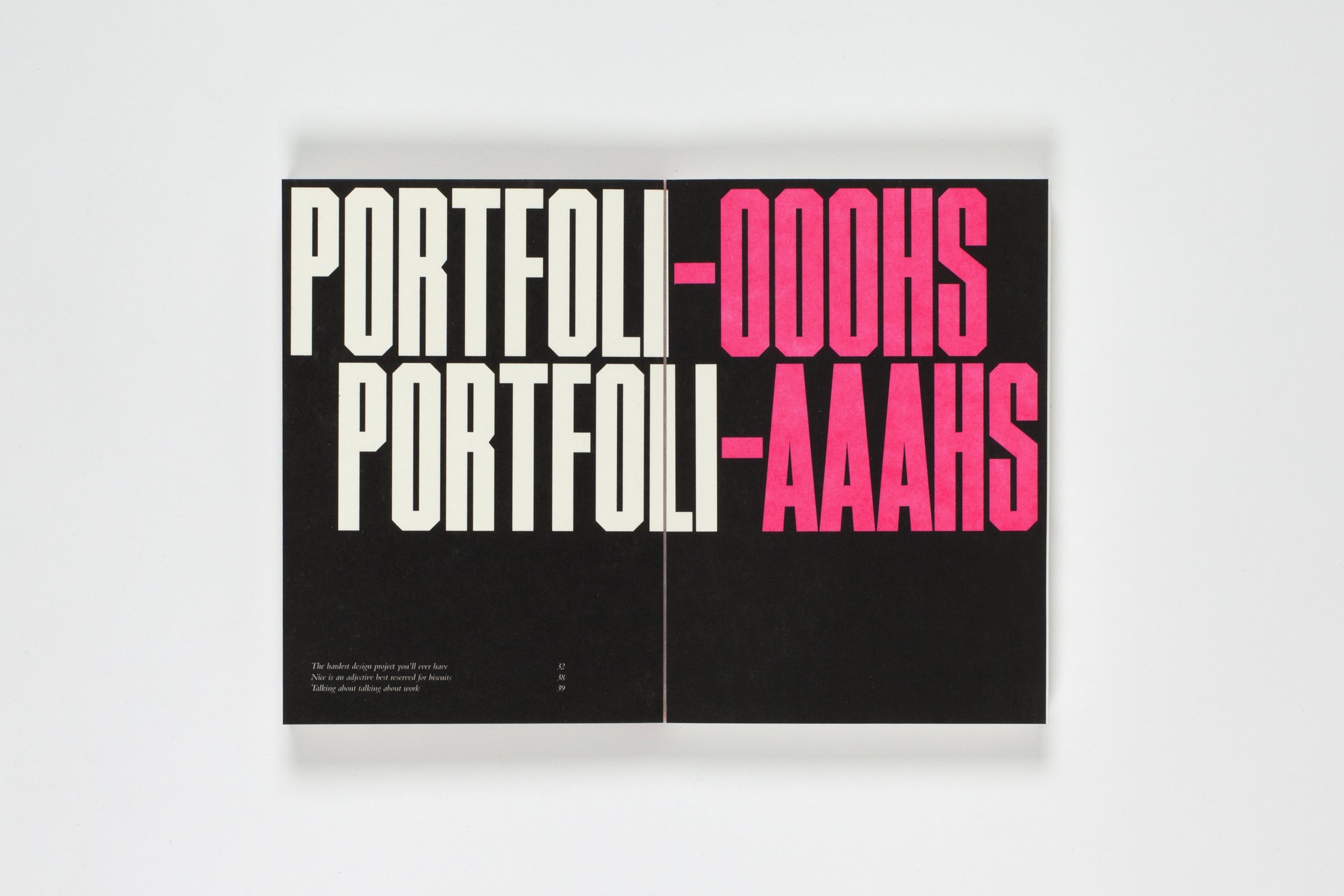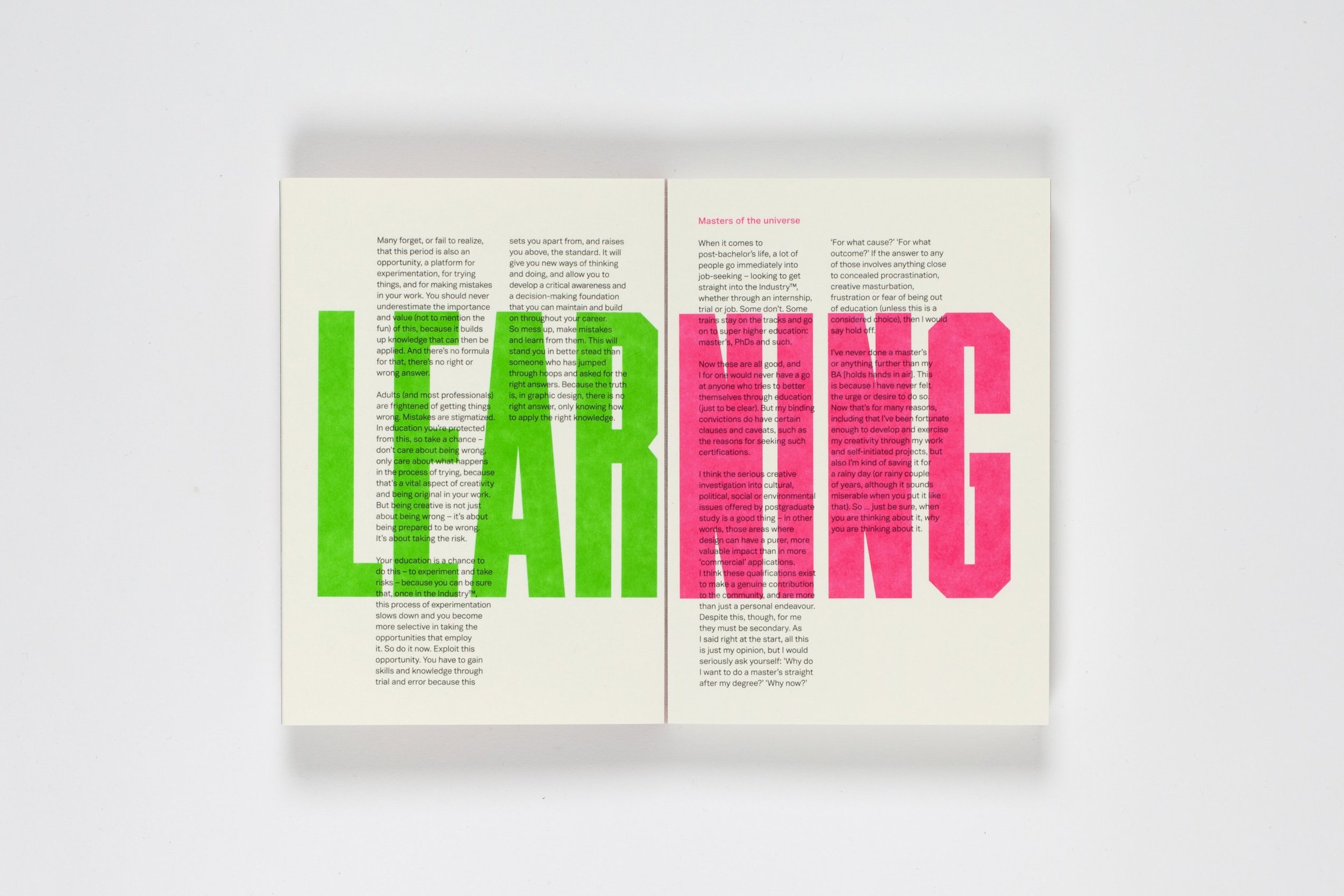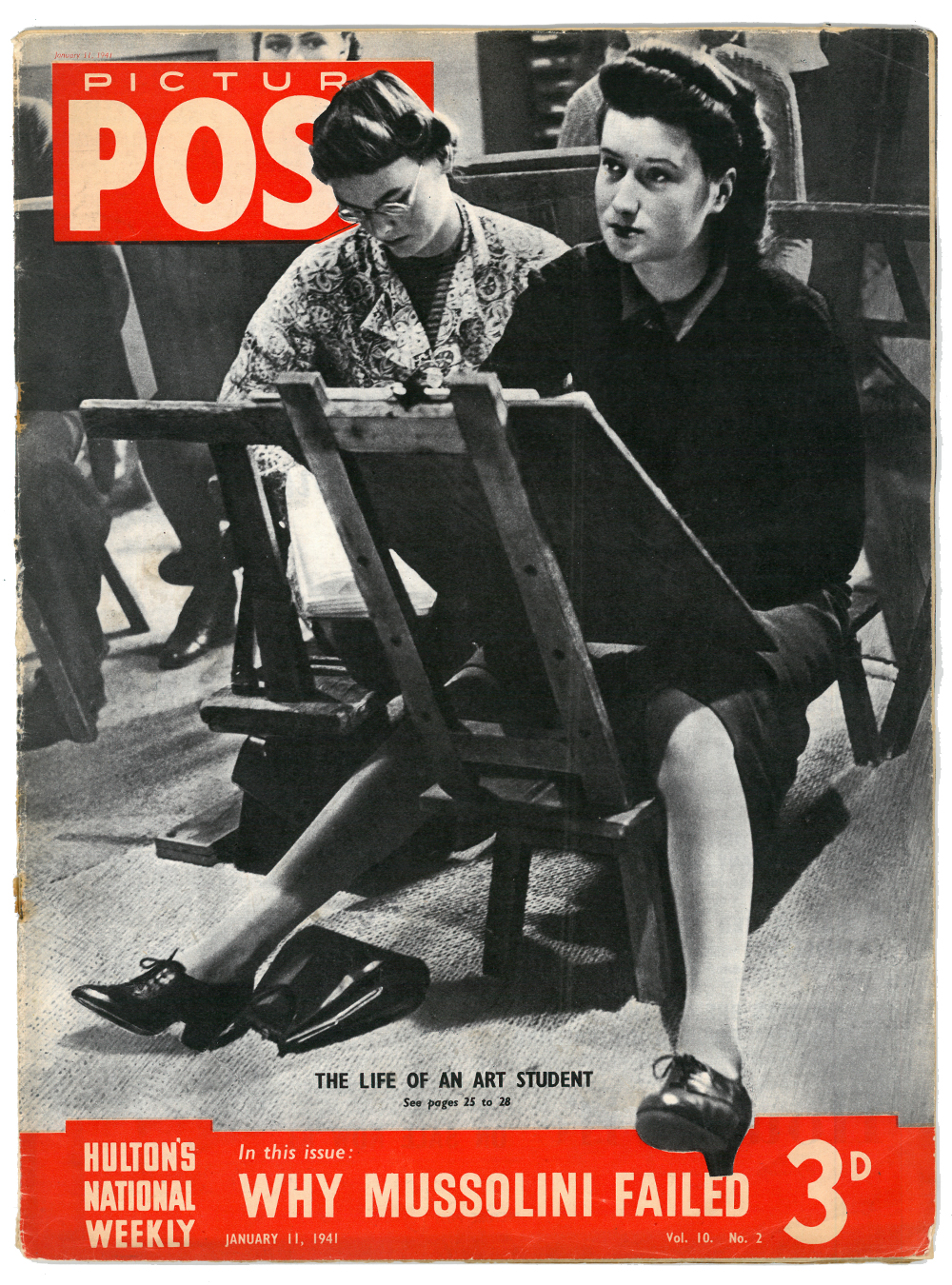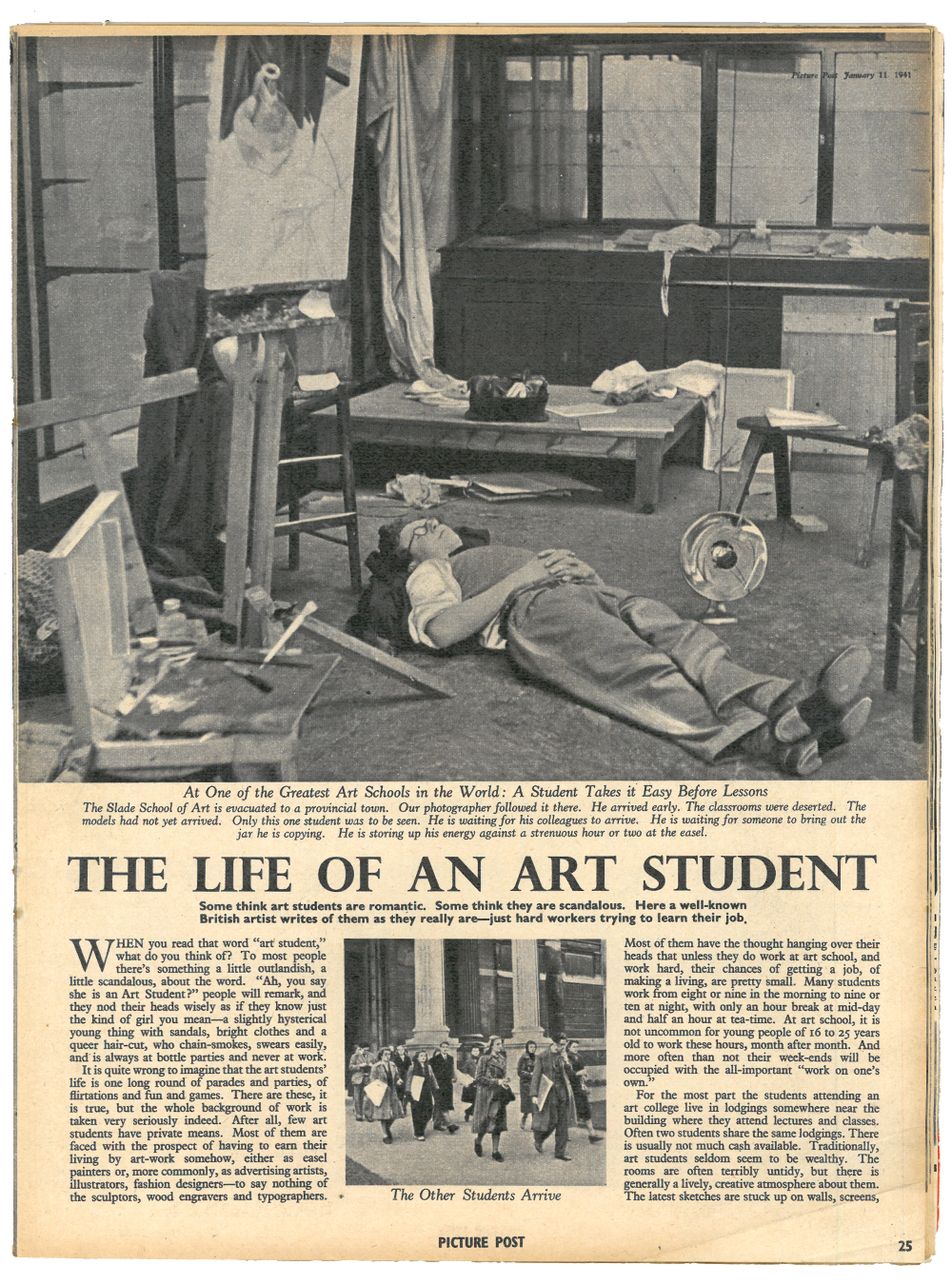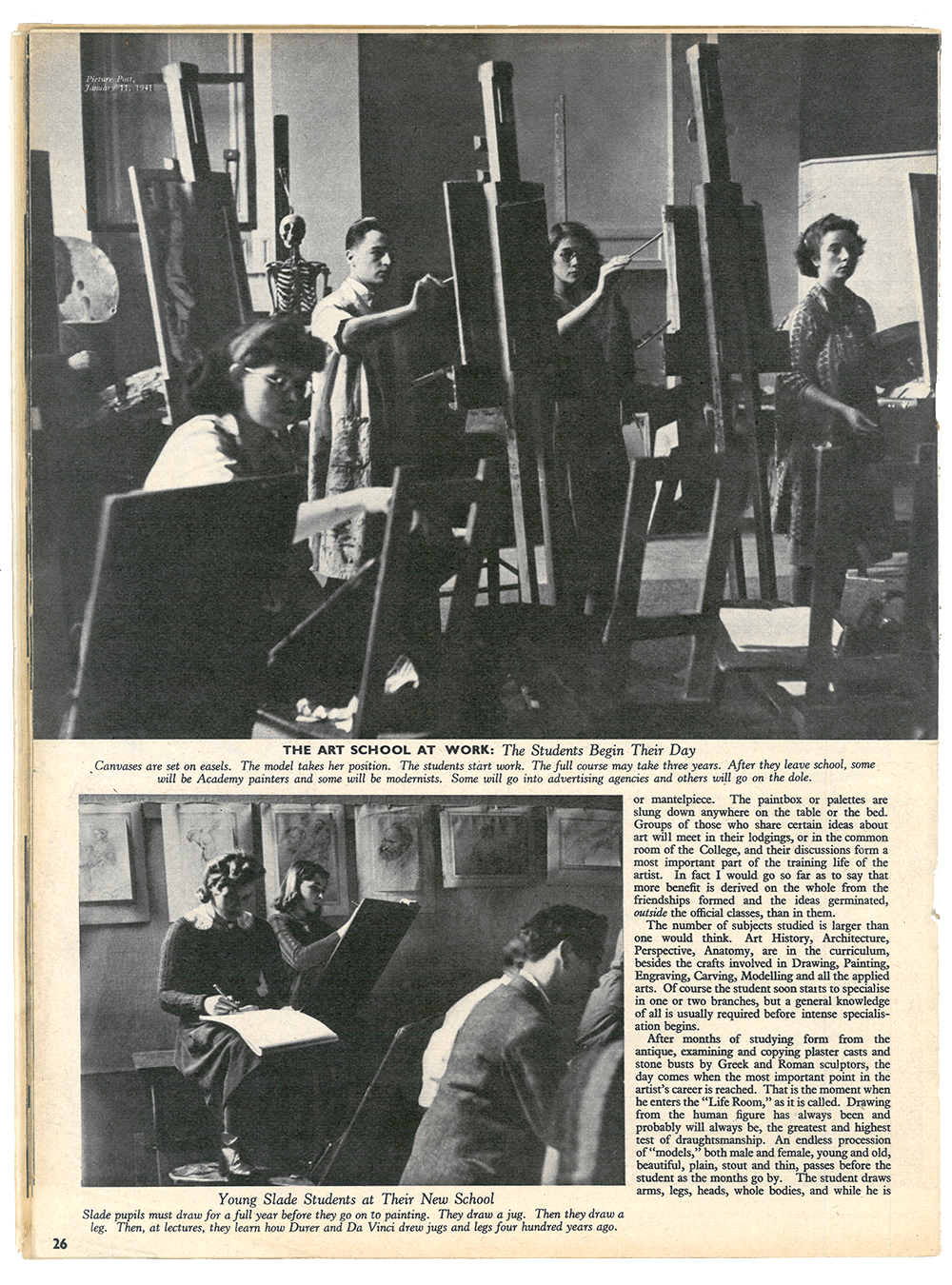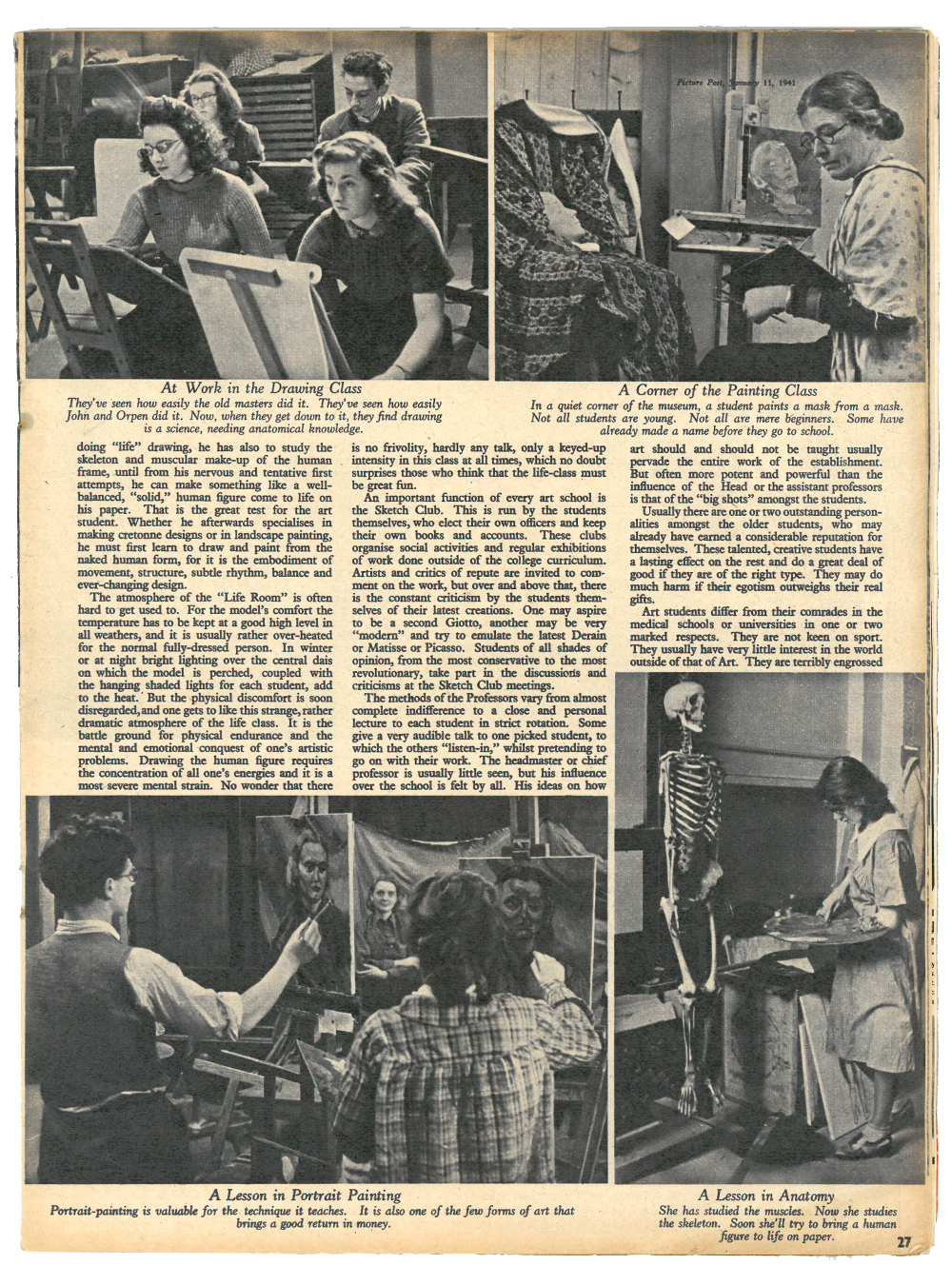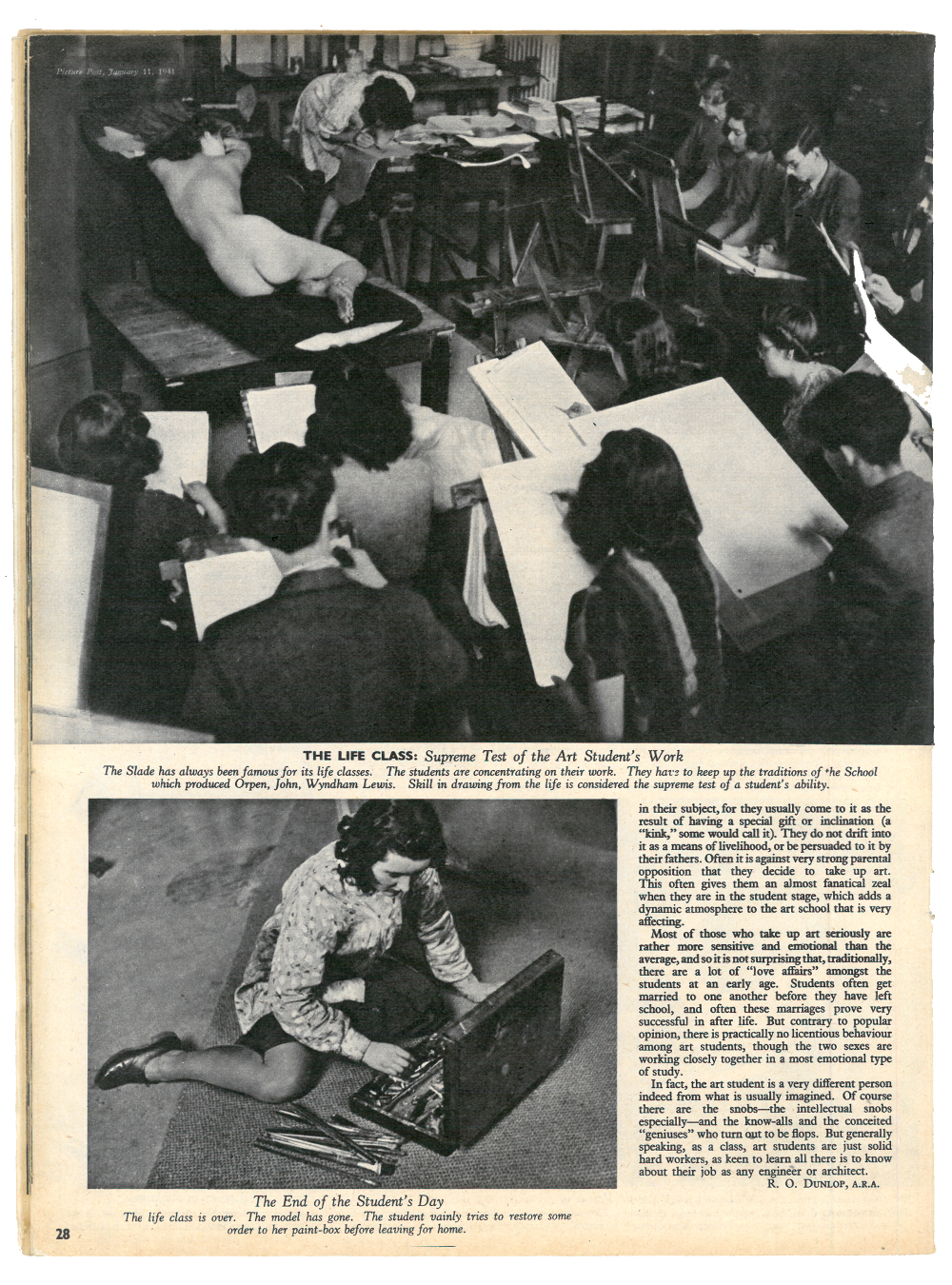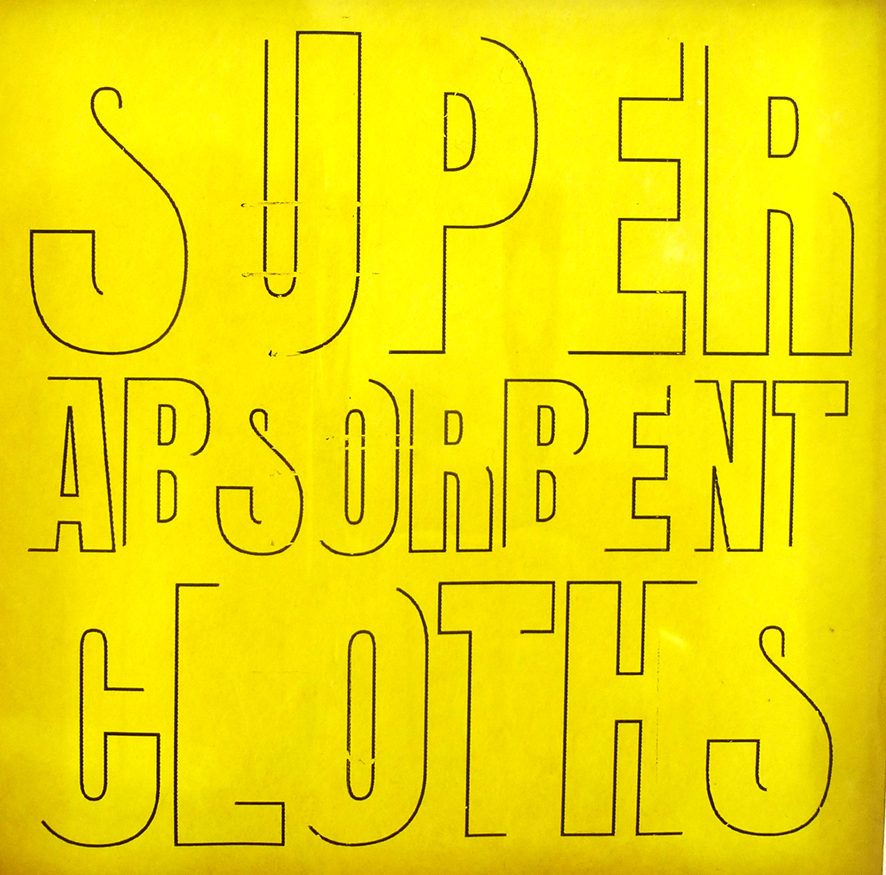The curious case of QR codes
/Remember when QR codes tried to be a thing in England? I think the main reasons they never took off was because they required you to have your own scanning app and just didn't seem to scan quick enough. It was far more easy to just use Google.
Now ask yourself, how many times have you ever scanned a QR code? A few? A lot? I’m guessing the answer for a lot of people will be a big fat zero. If this is the case you can change that right here, right now. Scan the image below, and it'll take you to a mobile version...of my blog. How meta.
I certainly can’t remember ever scanning a single QR code. I always thought they were useless and a bit of a gimmick. Not anymore.
In China, QR codes are everywhere. They’ve moved away from being a joke and are an integral part of everyday life. Major retailers, street markets, restaurants, transport services, even beggars, and buskers. They all have and use QR codes. You can use these codes as ID badges. You can connect to Wi-Fi hotspots with them. You can use them to send parcels, reply to job adverts, you can even have them as tattoos.
The main reason why QR codes are so popular in China is down to an app called WeChat. It’s a multi-purpose app that has nearly 1 billion daily users and has been described as China’s “app for everything”. One of WeChat’s main features is WeChat pay. It’s basically the same thing as contactless or Apple payment. And because WeChat has a built-in QR scanner, it makes paying for things effortless. You take your items to the till, scan the code, type in what everything costs, show the receipt to the cashier and away you go.
Because QR codes are used so much, they work so much better than what I remember. They’re quicker, more accurate and don’t require you to stand directly in front of one for it to work. I once saw someone scan a code from about 5 feet away.
The Chinese have also managed to implement QR codes into their advertising. I’ve seen QR codes on leaflets, press ads, billboards, TV commercials, even 20-foot ones on the sides of buildings. The codes on the adverts work the same way as they do anywhere else. Scan it and get taken to a web page. I’m yet to find any that have done something a bit more creative, but I’m definitely going to keep looking. Can you imagine seeing a QR code appear on an ad in the UK now? There’d probably be a social media frenzy with people ripping it apart and saying things like ‘creativity is going backward.’
I don't think QR codes will ever be as important as they are in China, but it’s nice to know that if they did make a comeback, they might have a bit more use.
This post also appears on Nathan Harper's blog.
















